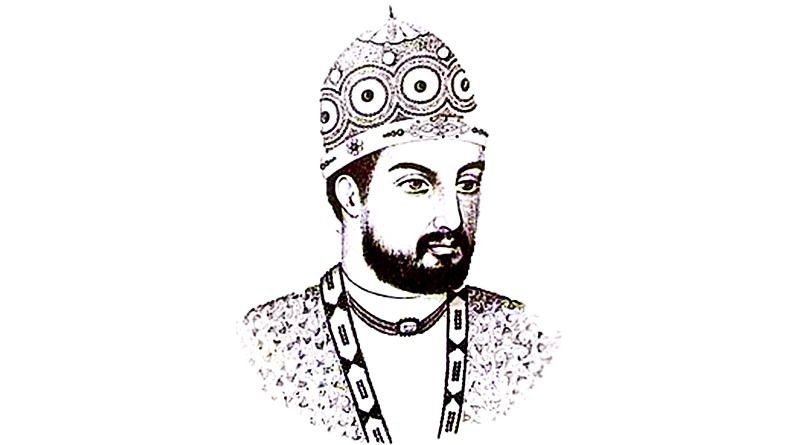With a massive army of 200,000 warriors, the Mongol Khan of Chagatai Ulus, Duwa, sent his favourite son, Qutlugh Qocha, to India in 1299. This time, the Mongols invaded no area as they travelled directly to Delhi. The goal was obvious: to completely destroy the Delhi Sultanate.
The invasion caused a big uproar because everyone from the nearby towns and villages flocked to Delhi, which was then so packed that there was no room on the roads, markets, or masjids. A portion of Delhi’s elite believed that engaging the powerful invader army would be suicide. They begged the Sultan to find a way to make peace with the Mongols, led by the outspoken Kotwal.
But Sultan Alauddin Khilji had a stronger constitution. It does not behove me to avoid confronting the Mongols under the guise of techniques and methods, he roared before his warriors as he dismissed the timorous suggestions. People of our generation and those born after us will make fun of me and think I’m being cowardly if I avoid the battle as you recommend. How would I reveal my face to anyone if I followed your advice? Where will I stand in the eyes of the citizens of my kingdom, and how would I enter my harem? Whatever happens, tomorrow I’ll engage Qutlugh Qocha and his troops in combat.
In the end, Alauddin’s forces proved to be superior to the Mongols’. Only one unit of the Delhi army engaged the hordes in combat, but it was enough: Qutlugh Qocha was fatally wounded, and his men dispersed without a fight. Qutlugh Qocha acknowledged in his dying moments that he had overcommitted himself by taking on Alauddin Khilji. “No one in Hindustan can recall such an army and such a king as Alauddin Khilji.”
The loss of their leader made it difficult for the Mongols to return home. A Chishti mystic who had just returned from Chisht (in Afghanistan) learned that Qutlugh Qocha’s men, who had just vowed to destroy the Delhi Sultanate, were now keeping their bodies and soul together by robbing travellers of their food and clothing.
References: Tarikh-i Firozshahi, by Ziauddin Barani; Futuh us Salatin, by Abdul Malik Isami; and Siyar ul Auliya, by Amir Khwrurd
